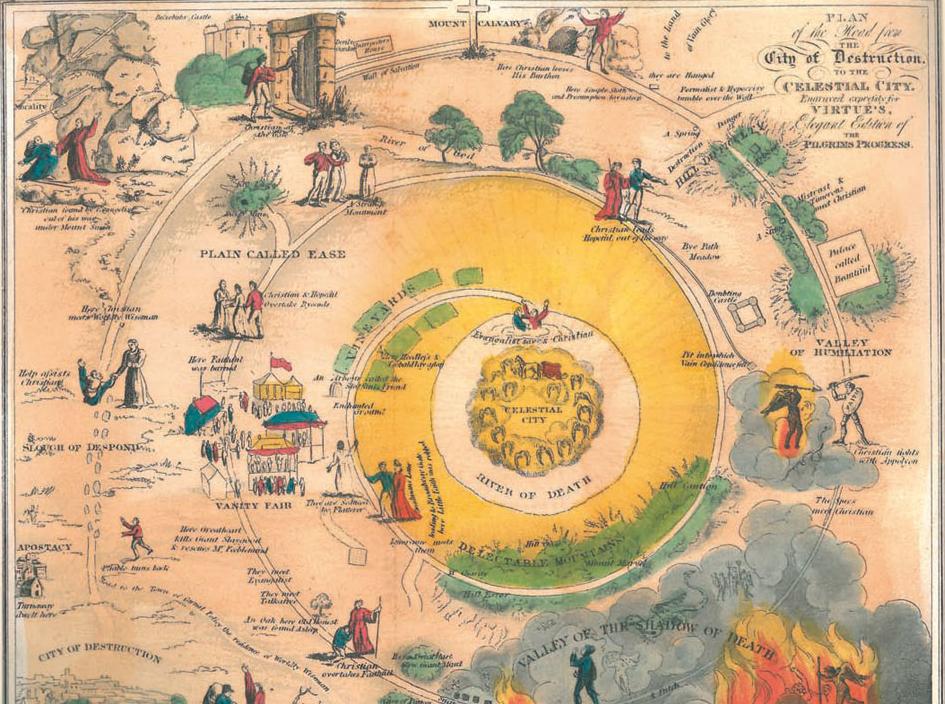
LIFE AS MYTH
![]()
JOURNAL
![]()
JOURNAL 2009
![]()
A feminine myth
Creating a new myth
![]()
WINTER 2009
Mythology of self
![]()
LIFEWORKS
![]()
ATLAS
![]()

WINTER 2009
FINDING THE WAY HOME

Not till we are lost, in other words, not till we have lost the world, do we begin to find ourselves, and realize where we are and the infinite extent of our relations.
Henry David Thoreau (1817-1862), polymath, abolitionist, transcendentalist, writerFor the first part of our lives we are living the life of our adaptive self. The adaptive self is the one who engages the world in a way that is a direct result of the instruction of Society. At a certain point, however, the constraints of the adaptive self begin to chafe and there will be an internal call to seek something more. When this occurs varies between individuals. The degree of difficulty and the individual willingness to answer the call also varies. But, whether the call is heeded or ignored, once it is heard, the individual is never the same again.
In order to find what you seek, you must first push off from familiar shores. Ambiguity, ambivalence, anxiety. When moving from adaptive to authentic self, these are the markers of a journey that is moving into unknown waters. The degree to which we are able to sustain the tension of these three influences is considered a mark of psychological maturity. And the degree to which we can tolerate the experience of ambiguity, ambivalence and anxiety is the degree to which we will be able to move closer to the potential which is within.
A Plan of the road from the City of Destruction to the Celestial City (detail), 19th Century engraving for The Pilgrim's Progress from This World to That Which Is to Come: Delivered under the Similitude of a Dream (1678) by John Bunyan.
